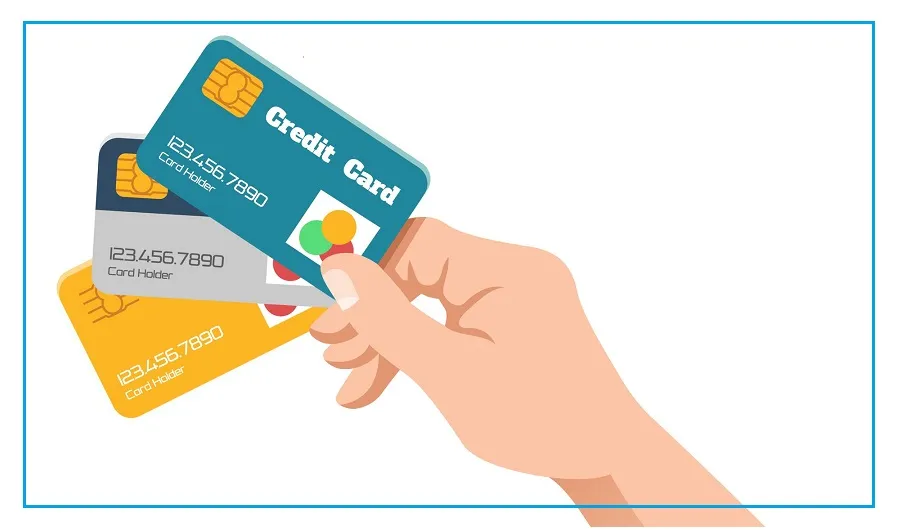Imagine getting a message saying your bank has lowered your credit card limit.
You might wonder, “Why did the bank do this?” Many people face this situation, and banks usually lower credit card limits for specific reasons.
Sometimes, your behavior is a factor, but in other cases, it might not be your fault. Here are some common reasons why banks might reduce your credit limit.
Increase in Defaults on Credit Card Payments
Recent reports show that more people are not paying their credit card bills on time.
Data from TransUnion CIBIL shows that the default rate went up from 1.6% in March 2023 to 1.8% in June 2024.
This increase is partly due to more people using “Buy Now, Pay Later” services and paying for things through e-commerce EMIs.
Also, the total outstanding credit card dues have grown from ₹2 lakh crore in March 2023 to ₹2.7 lakh crore in June 2024.
How Your Payment Behavior Affects Your Credit Limit
If you often delay your credit card payments, banks may see you as a high-risk customer. This can lead to a reduction in your credit limit.
Paying your credit card bills on time improves your credit score, while late payments hurt it. Also, paying only the minimum amount due is bad for your score.
Impact of High Credit Utilization
Your credit utilization ratio is another important factor. This ratio shows how much of your credit limit you’re using. For example, if your limit is ₹1 lakh and you use ₹40,000, your ratio is 40%.
A ratio below 30% is healthy, but if it exceeds 70%, banks may reduce your credit limit. High usage suggests that you rely heavily on credit, which can raise concerns for the bank.
What to Do If Your Limit Is Reduced
If your bank reduces your credit limit, contact customer care to ask why. If it’s because of a missed payment, explain your situation
and request a review. The bank may restore your old limit if they find your explanation reasonable.
























